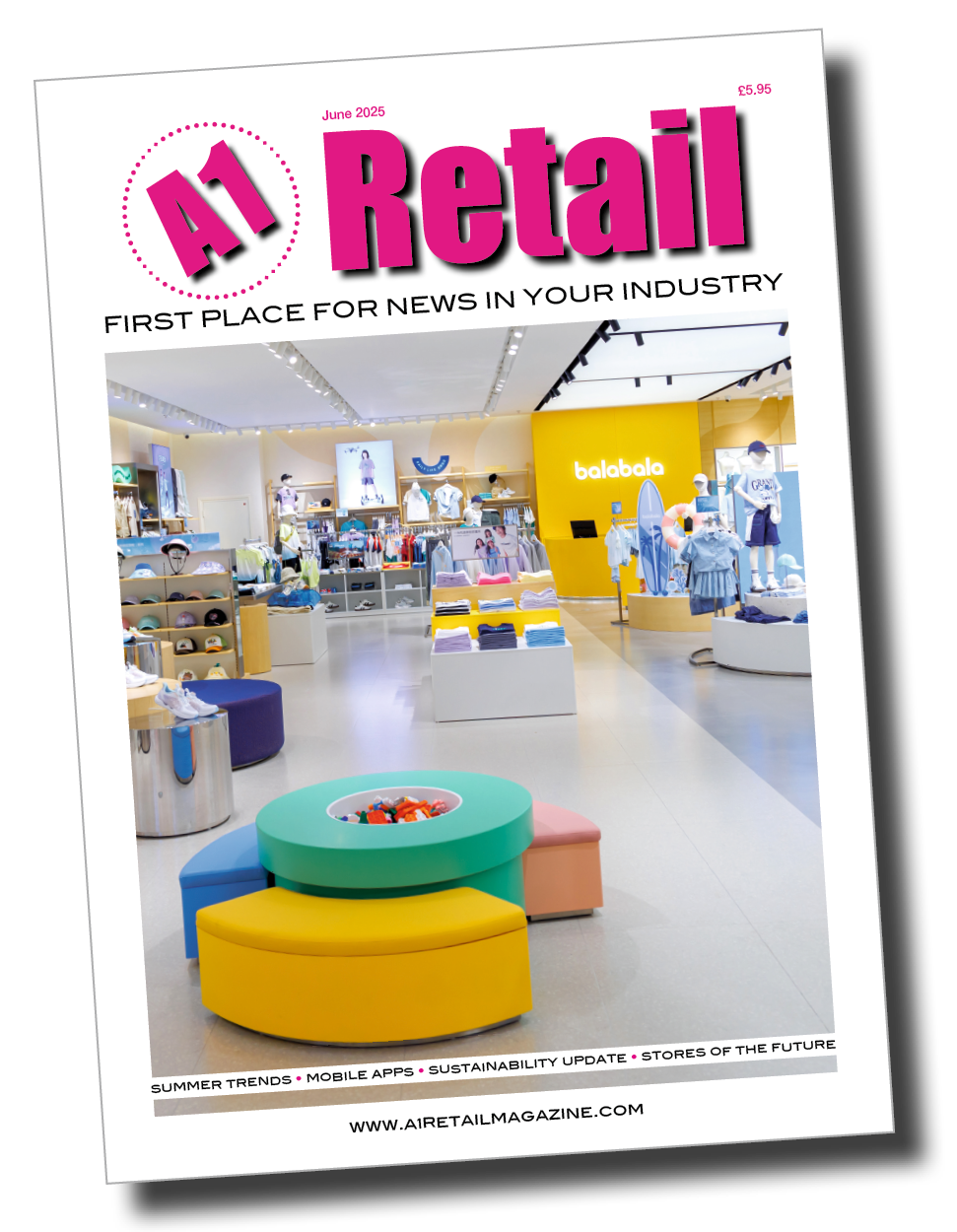
- ‘Barbie’ and ‘Oppenheimer’ led to a blockbuster month for cinemas, up 101 percent
- International travel spending held up, while pharmacy, health & beauty stores were boosted by pre-holiday purchases
- High street and hospitality sales were hampered by wet weather in early August, as fewer Brits visited shops, restaurants and pubs
- Meanwhile, consumers are noticing that certain food and drink products have had premium ingredients reduced or downgraded, known as “skimpflation”
- The Barclays report combines hundreds of millions of customer transactions with consumer research to provide an in-depth view of UK spending
Consumer card spending grew 2.8 percent year-on-year in August – noticeably lower than the latest CPIH* inflation rate of 6.4 percent and July’s growth figure of 4.0 percent – as rainy weather cast a cloud on the high street. However, entertainment provided a welcome boost, prompted by a surge in cinema ticket sales for ‘Barbie’ and ‘Oppenheimer’.
Spending on essentials saw just 1.0 percent growth – the lowest uplift since April 2020 (-2.9 percent), largely due to a sharp decline in spend on fuel (-20.1 percent). Supermarkets and food and drink specialist stores also saw weaker spending growth (4.5 percent and 4.9 percent respectively) compared to July (5.2 percent and 6.2 percent respectively). This was impacted by the slower rate of food price inflation**, as well as consumers continuing to find ways to get more value or to reduce the cost of their weekly shop (67 percent).
The majority of these supermarket savers are buying budget or own-brand goods over branded items, as well as cutting down on luxuries or one-off treats for themselves (both 52 percent). A quarter (26 percent) are only buying items that are discounted, and 12 percent are removing some items when they get to the checkout, to avoid going over budget.
“Skimpflation” is shoppers’ latest scourge
Over half (52 percent) of Brits have noticed that some of the food and drink products they buy have been downgraded in terms of quality or the quantity of premium ingredients, yet still cost the same or more than they used to – otherwise known as “skimpflation”. Within this group, the most frequently cited skimpflation examples include crisps (44 percent), sweets and chocolate (43 percent), and cakes and biscuits (36 percent). A fifth also feel takeaways (22 percent) and restaurant meals (20 percent) are decreasing in quality without a corresponding fall in price.
The impact of “skimpflation” goes beyond food and drink: two fifths (41 percent) have noticed that the standards of some of the (non-food) products and services they buy have been downgraded, yet still cost the same or more. These shoppers are most noticing the declining quality of clothing, chosen by 44 percent, closely followed by toilet paper (43 percent), and toiletries/cosmetics (37 percent).
In addition, “Shrinkflation” continues to be front of mind for the majority of shoppers (84 percent), with chocolate (54 per cent), crisps (47 percent) and packs of biscuits (43 percent) remaining the top products identified as being impacted by this ongoing trend.
‘Barbenheimer’ boosts blockbuster bookings
While the wetter weather, combined with the slowing rate of inflation, meant spending on non-essential items saw less growth (3.7 percent) than July (5.6 percent), there were some bright spots across the retail, hospitality and leisure sectors.
Entertainment continued to perform well (12.0 percent), largely driven by a 101 percent surge in cinema spending as Brits booked tickets to watch this summer’s biggest blockbusters – ‘Barbie’ and ‘Oppenheimer’. Meanwhile, spending at pharmacy, health and beauty stores held up at 5.2 percent, likely boosted by holidaymakers buying suncream and other toiletries for trips away.
Nevertheless, it was another challenging month for clothing, which was down -0.7 percent, albeit a less significant drop than in July (-3.1 percent).
Memories over material things
A fifth (19 percent) of Brits say that, despite the rising cost-of-living, spending on luxury items and/or experiences is still a priority, to maintain their desired lifestyle, with holidays abroad (44 percent) and hotel stays (22 percent) cited as the top purchases among this group.
To ensure they can afford to spend on memorable moments, 27 percent of these shoppers are cutting back on takeaways and fast-food, while a fifth (19 percent) are reducing costs associated with socialising.
At the same time, over half (52 percent) of Brits are reining in discretionary spending due to rising household bills, with eating out at restaurants (61 percent), new clothes and accessories (59 percent), and ordering takeaways (58 percent) emerging as the non-essentials most deprioritised.
This comes as takeaways and fast-food recorded a noticeably smaller uplift (6.4 per ent) compared to July (9.2 percent), while the rainy weather in the first half of August also led to fewer Brits visiting the high-street. Restaurants (-5.8 percent) fell further into decline from July (-2.5 percent), while bars, pubs & clubs saw their lowest growth (2.8 percent) since October 2022.
Spending on airlines (32.1 percent) and travel agents (3.7 percent) also remained in growth, yet the uplift was lower than in July (39.1 percent and 7.8 percent respectively), as the summer season drew to an end.
Christmas budgeting starts early
As Autumn begins, some Brits are already looking ahead to their Christmas shopping plans. Almost a third (31 percent) expect this coming Christmas to be more expensive than last year, while a fifth (19 percent) are worried about being able to keep up with outgoing costs. One in five (17 percent) savvy savers has also started to put money aside to help fund their festivities.
Despite this, Brits’ confidence in their household finances and ability to live within their means has increased slightly (67 percent and 72 percent) compared to July (65 percent and 70 percent).
Esme Harwood, Director at Barclays, said: “The rainy weather impacted high street and hospitality venues in August, but Brits were still keen to spend on memorable summer experiences. The huge Box Office success of ‘Barbie’ and ‘Oppenheimer’ meant entertainment enjoyed another strong month, while holidays abroad boosted international travel and pharmacy, health & beauty stores.
“Shrinkflation – and now “skimpflation” – are increasing concerns for value-seeking shoppers. However, Brits’ confidence in their household finances is unwavering, suggesting they remain resilient in the face of these inflationary pressures.”
Abbas Khan, UK Economist at Barclays, said: “Muted spending growth in August is in line with other data sources, such as soft PMIs and stalling consumer confidence, suggesting that the bite from monetary tightening is starting to be felt more acutely.
However, with further moderation in inflation and strong wage growth set to support real household disposable incomes, we continue to think the economy will avoid a recession in the coming quarters, even if growth is only set to be sluggish.”
Image courtesy of Unsplash. Photo credit: Felipe Bustillo.
*CPIH: Consumer Prices Index including owner occupiers’ housing costs
**ONS annual inflation rate for food and non-alcoholic drinks rose by 14.9 percent in the year to July 2023 – down from 17.4 percent in June and from a high of 19.2 percent in March, which was the highest annual inflation rate for over 45 years.






